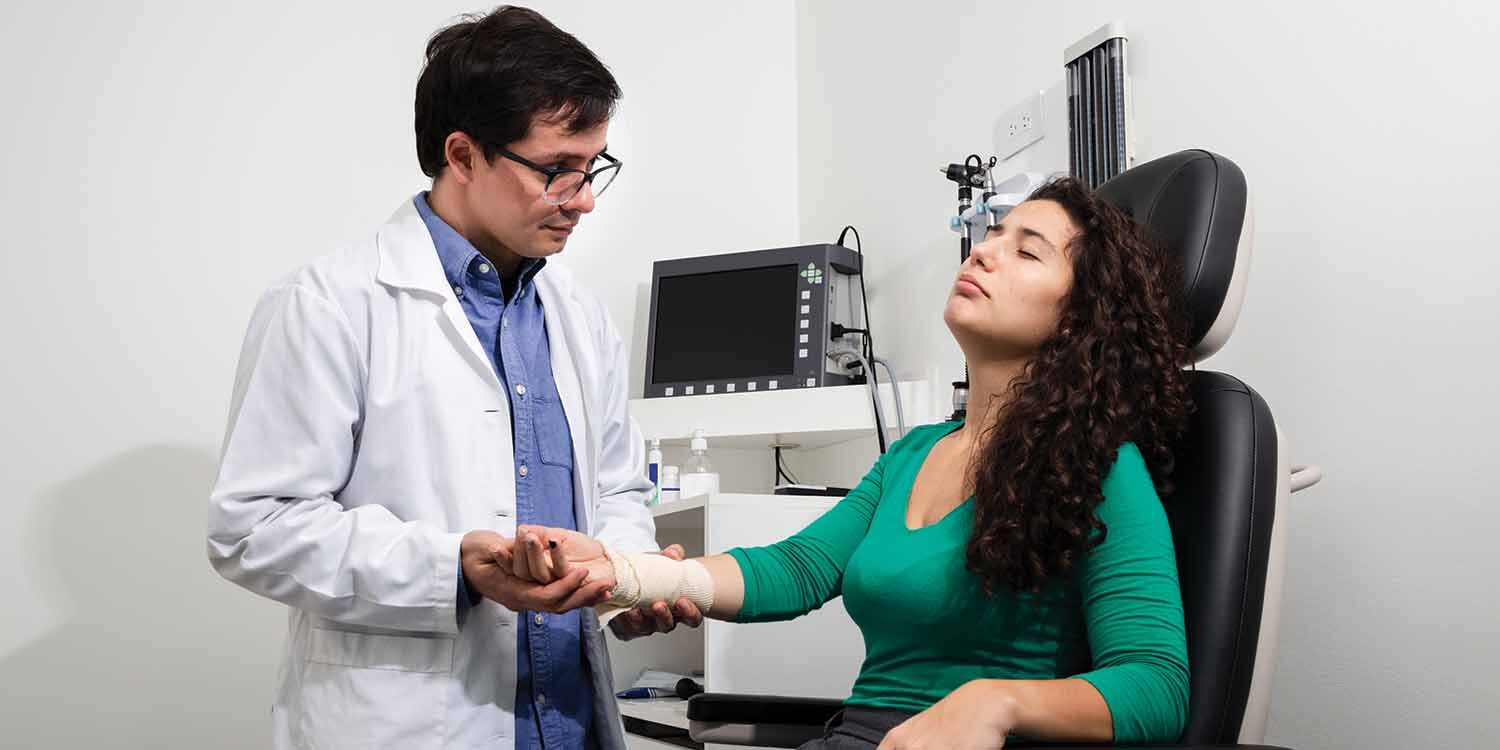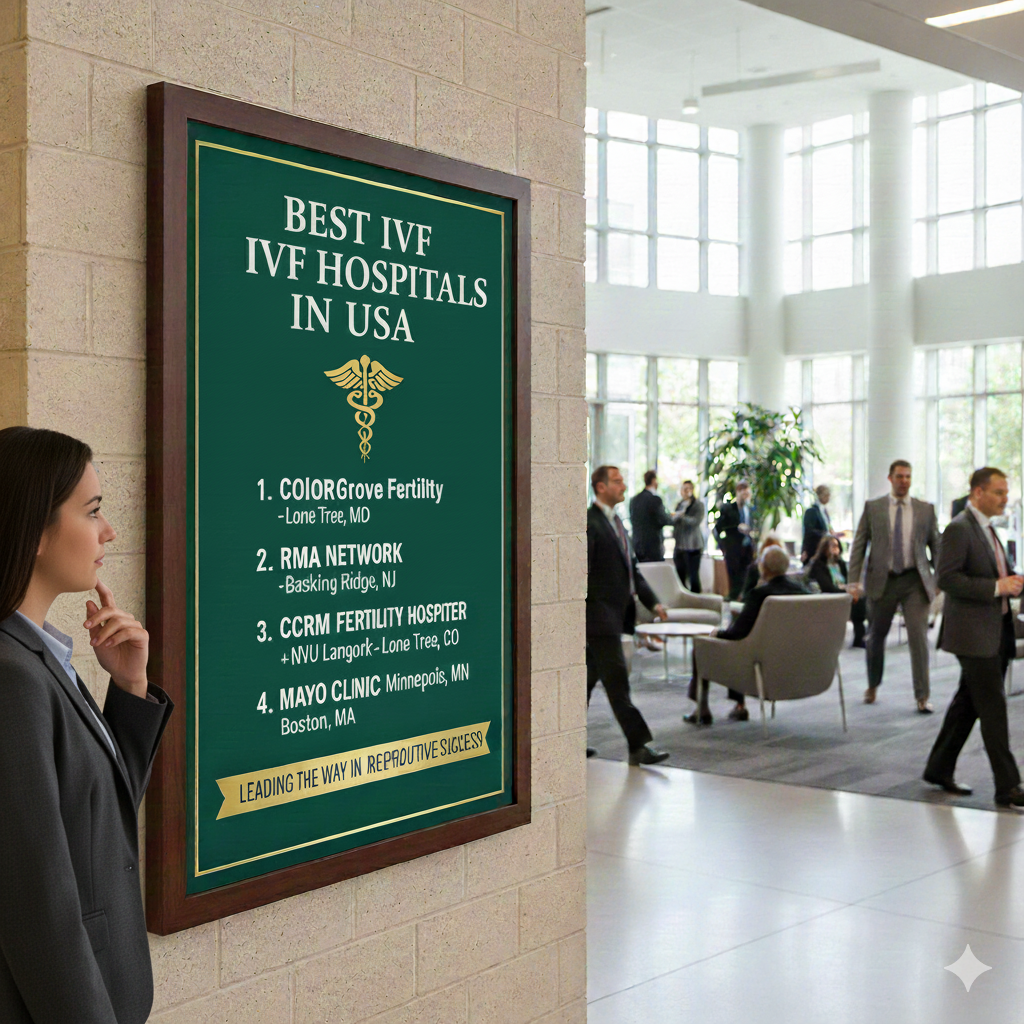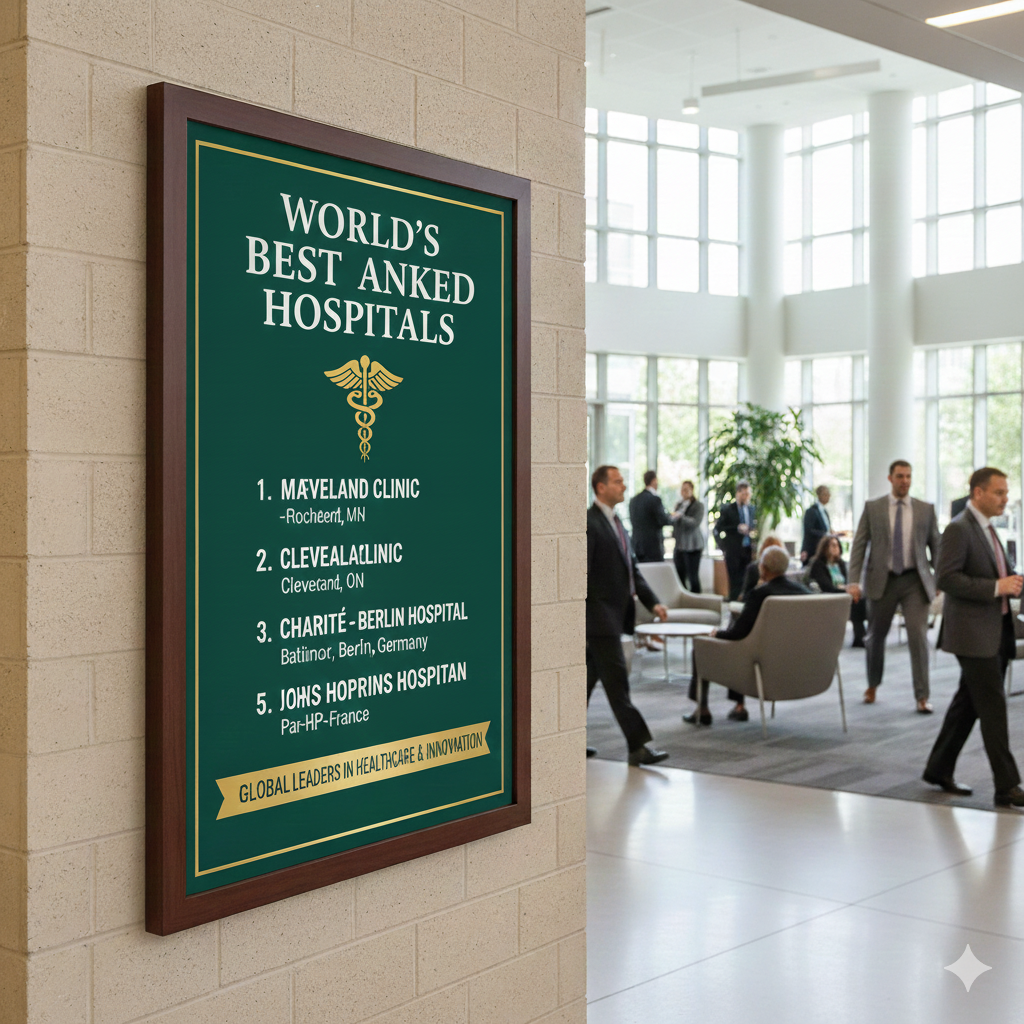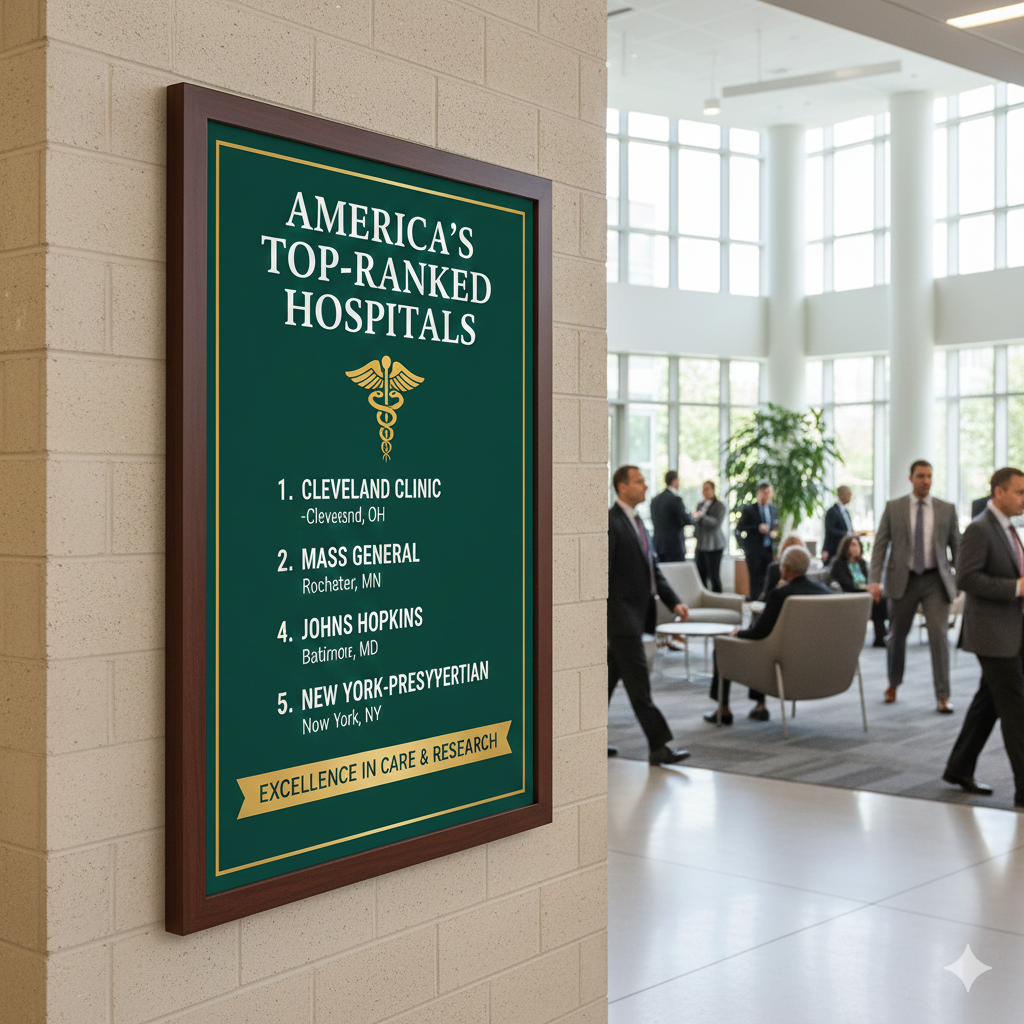In today’s fast-paced healthcare environment, Urgent Care Centers play a vital role by providing immediate medical attention to patients who require quick treatment but do not need to visit the emergency room. With the increasing patient load, managing records, scheduling, and billing manually has become inefficient. This is where Urgent Care EMR (Electronic Medical Records) systems come into play.
This article explores what Urgent Care EMR is, why it is essential, its key features, and how it benefits both healthcare providers and patients.
What is Urgent Care EMR?
Urgent Care EMR is a digital solution designed specifically for urgent care clinics to streamline patient data management, clinical documentation, billing, and workflow automation. Instead of relying on traditional paper-based methods, EMR software provides instant access to patient medical history, prescriptions, lab results, and treatment records—all in one place.
This ensures faster diagnosis, accurate treatment, and improved efficiency in urgent care facilities.
Why is Urgent Care EMR Important?
Urgent care clinics often deal with a high volume of patients on a daily basis. Manual processes not only slow down operations but also increase the chances of errors. Here are some reasons why EMR is critical for urgent care centers:
Quick Patient Registration – Faster check-ins compared to manual forms.
Instant Access to Records – Doctors can view patient history in seconds.
Error Reduction – Minimizes mistakes in prescriptions and billing.
Improved Workflow – Automates tasks for doctors, nurses, and administrative staff.
Enhanced Patient Satisfaction – Patients receive faster and more accurate care.
Key Features of Urgent Care EMR
1. Patient Scheduling and Registration
An efficient EMR allows easy patient registration and appointment scheduling. This reduces waiting times and ensures a smooth flow of patients.
2. Electronic Prescriptions (e-Prescribing)
Doctors can send prescriptions directly to pharmacies, reducing the risk of errors associated with handwritten notes.
3. Integrated Billing and Insurance Management
An EMR simplifies billing processes by automatically managing invoices, insurance claims, and reimbursements.
4. Clinical Documentation
Physicians can record symptoms, diagnoses, and treatments digitally, making follow-up consultations easier and more reliable.
5. Lab and Imaging Integration
Test results and imaging reports are automatically uploaded into the EMR system, providing doctors with instant access.
6. Analytics and Reporting
Advanced EMR software generates real-time insights and performance reports, helping clinics improve operations and revenue.
Benefits of Urgent Care EMR
1. Time-Saving
Digital workflows reduce paperwork, allowing staff to focus more on patient care.
2. Error Minimization
Automated entries and prescriptions reduce human error.
3. Better Patient Experience
Faster registration, accurate prescriptions, and quick access to test results improve patient satisfaction.
4. Revenue Growth
Automated billing and claims management ensure that clinics maximize reimbursements and minimize losses.
5. Data Security
Most modern EMR systems are HIPAA-compliant, ensuring that patient data remains secure and confidential.
Factors to Consider Before Choosing an Urgent Care EMR
Before investing in an EMR solution, urgent care providers should evaluate the following factors:
Ease of Use – A user-friendly interface that requires minimal training.
Cloud-Based Access – Enables remote accessibility and better data security.
Customization – Should be adaptable to the clinic’s unique workflow.
Integration Capabilities – Must integrate with billing, pharmacy, and lab systems.
Technical Support – Reliable customer service available 24/7.
The Role of Telemedicine in Urgent Care EMR
Telemedicine is rapidly becoming an essential part of healthcare delivery. An EMR system with integrated telemedicine features allows doctors to consult patients remotely while having complete access to their medical history. This not only enhances patient convenience but also improves efficiency in urgent care facilities.
Popular Urgent Care EMR Software Solutions
Several EMR platforms are widely used in urgent care centers. Some of the most popular options include:
Athenahealth EMR – Known for its cloud-based platform and easy integration.
Kareo Clinical – Focused on small to mid-sized practices.
eClinicalWorks – Offers advanced analytics and telemedicine features.
NextGen Healthcare – Designed for specialty and urgent care clinics.
AdvancedMD – Provides comprehensive billing and practice management tools.
Conclusion
An Urgent Care EMR system is no longer a luxury—it has become a necessity for clinics that want to provide high-quality, efficient, and secure healthcare services. From patient scheduling to billing, lab integration to data security, EMRs transform the way urgent care facilities operate.
By adopting a modern, cloud-based, and fully integrated EMR, urgent care centers can not only improve patient care but also enhance their operational efficiency and profitability.


















